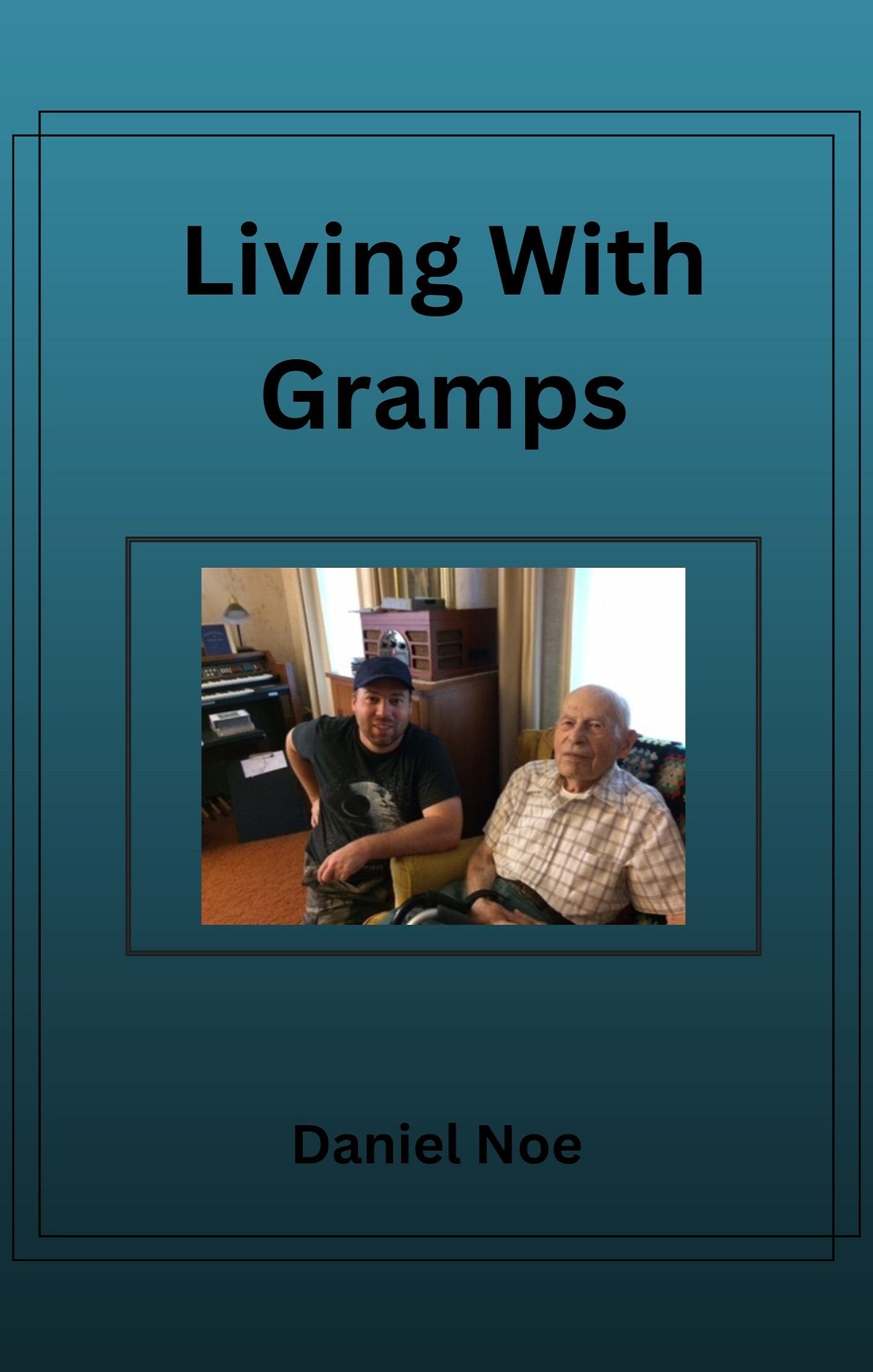My grandfather was 102 when they took his license. Part of my duties included driving him where he wanted to go. Being quite the homebody, he rarely left the house, but sometimes he wanted to visit someplace he has been before. The train station was the most frequently visited and we sometimes went to Burger King or Dunkin Donuts afterwards. Other trips were generally never repeated.
One time, he got me to drive to Matunuck Beach. We parked, got out of the car, climbed up onto the beach, looked out at the distant windmills, and turned right around and went back to the car. We spent less than three minutes on the sand on what was at least an hour round trip. That was apparently enough excitement for one day.
Another time, he directed me to Stonington, Connecticut, where he told me there was a lighthouse museum. This is not a museum about lighthouses; it was a museum located inside a defunct lighthouse. Because it was a long walk from the parking lot, he did not want to go; he just wanted to look out upon the ocean, but he told me to take as much time as I wanted and to be sure to climb to the top and look out.
I didn’t want him to wait long, but a museum is not worth the entry fee or the long drive unless one takes at least a couple hours in it. He had talked about the museum before we left as if it were the point of going. Obviously, I had to look around a little bit. I raced through every exhibit as fast as I could. I felt terribly rushed. I didn’t really have the chance to absorb everything. Some things I never looked at, but it felt like it was running late. I didn’t want to leave him alone in the parking lot. Finally, after what felt like twenty minutes, I checked my phone clock. It had been an hour!
Grampa was angry. Somehow, he had in his mind that I would pay money just to climb to the top of the lighthouse and then immediately leave. He had only wanted to visit Connecticut for five minutes!
Twice we went to Wilcox Park in Westerly, Rhode Island. He had wanted to show me “Henry Lauder’s Walking Stick” (a form of mutant Hazelnut), but the maintenance guy who just happened to be there at the time informed us that it had died years ago. Instead, we walked around the pond back to the car. When we were halfway around, he started complaining that his legs were tired, that we had been there for a much longer time than we had planned on, and that he had walked around the pond by mistake, thinking it was the way back to the car. He was upset that I hadn’t corrected him, but I had assumed walking around the pond was the purpose of going to the park in the first place.
Another time, we drove past the mill in Usquepaug, a place selling Johnny cakes and apple cider when open, but they were not open then. We returned by way of a winding road through the forest while he kept telling me to slow down so he could look at stuff. “I’m only going 25,” I said.
Gramps: “Go slower. There’s no need to go so fast.”
Dan: “Someone is behind me.”
Gramps: “They can wait.”
We also went to the seawall in Narragansett twice. The first time was just a quick stop. He didn’t even get out of the car; he just wanted to show me where it was. The second time, he led me to believe it was the same, but when I parked, he complained I had stopped on the wrong side of the road. He did not want to cross traffic. I started to move and he told me to park somewhere after we had gone under the stone arch. Finally seeing a space, but with much traffic coming the other way, much behind me, and the road too narrow to U-turn from where I was, I pulled off to the right so that I could park on the left once the coast was clear. He started going crazy. At first, he seemed upset that I was parking in the wrong place. Later, he said something about me being able to turn around in a parking lot further down, so I didn’t have to turn there. We went back and forth the entire trip home arguing about why that was a bad idea. Only after we got home again, did it finally come out that he wanted me to drive down further so he could show me something.
Second only to the train station, the place we visited the most was the cemetery. The first time, it was to see his parents. Little did we know then that the next time we were there it would be to lower my grandmother next to them. Then we went almost every month. He never stayed long or said much, but I could tell it was important to him.





I’m glad to read that you took your grandfather to the cemetery when he wanted to go. Caregivers put up with a lot and we don’t give them enough credit. Of course I had to read up on Henry Lauder’s Walking Stick never having heard of such a thing. It sounds pretty hard to grow so that might explain why I wasn’t aware of it.